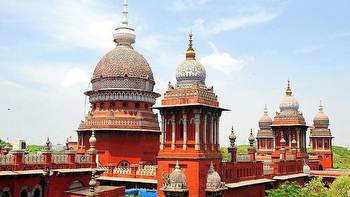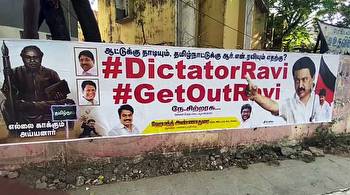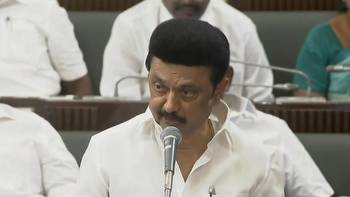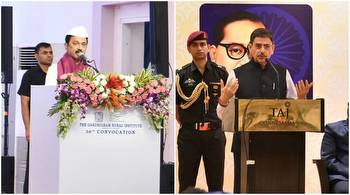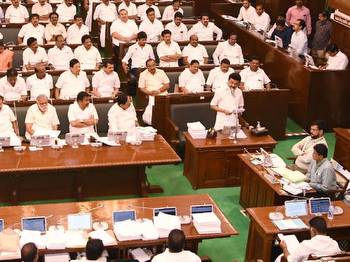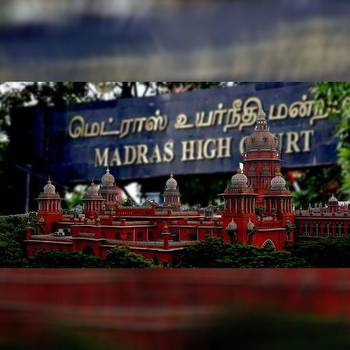Madras Hc Dismisses Case Against Constitutional Validity Of Tamil Nadu'S Online Gambling Ban
“Which court in this world hears a challenge to an ordinance that is yet to receive Governor's consent? What if it never becomes a law?” observed acting chief justice T Raja before dismissing the case. “Come back to us when the law comes into force,” he said.
A two-member bench of the Madras High Court dismissed a case against the Tamil Nadu Government’s ordinance to ban online gambling, after stating that it would hear it only if and when it becomes a law. The petitioners subsequently withdrew the case against the ordinance.
“Which court in this world hears a challenge to an ordinance that is yet to receive Governor's consent? What if it never becomes a permanent law?” observed acting chief justice T Raja before dismissing the case. “Come back to us when the law comes into force,” he added.
The bench, comprising acting chief justice T Raja and Justice D Krishnakumar, was hearing a number of petitions by gaming companies pertaining to the constitutional validity of the State’s ordinance to ban online gambling. Mukul Rohatgi and C Aryama Sundaram appeared on behalf of the petitioners, while Kapil Sibal represented the Tamil Nadu Government.
More significantly, the counsel for the state government clarified that the ordinance had not come into force yet, as it had not received the governor’s assent. “There is no cause of action yet for the petitioners to approach the court. It is pending before the Governor,” said Sibal, “The Governor has not signed it.”
However, both counsels for the petitioners submitted before the court that online gaming companies were facing punitive action, merely days after the state promulgated the ordinance.
“We are told that officers of the state are already conducting rounds of our (gaming companies) offices while asking us to stop,” said Mukul Rohatgi. “Within a week of the ordinance, officers began saying they will take punitive action,” Sundaram added.
Counsel for the government later stated that the state would not take punitive action on gaming companies before a law is enacted. “They should leave it to us to ensure that we are not going to take action before a law comes into force,” said Sibal.
The Tamil Nadu Prohibition of Online Gambling and Regulation of Online Games Ordinance 2022 has called for a ban on all forms of online gambling. The state first promulgated an ordinance on September 25, before tabling a bill on the floor of the assembly a month later. Governor R N Ravi has not provided assent to the ordinance or the bill.
With the court’s refusal to hear a case that had not received assent or become a law, the petitioners summarily requested for permission to withdraw the case and approach the court only once and if a law is enacted.
The Madras High Court has dismissed a petition challenging the constitutional validity of the online gambling ban in the state stating that it would hear it only if and when it became a law.









